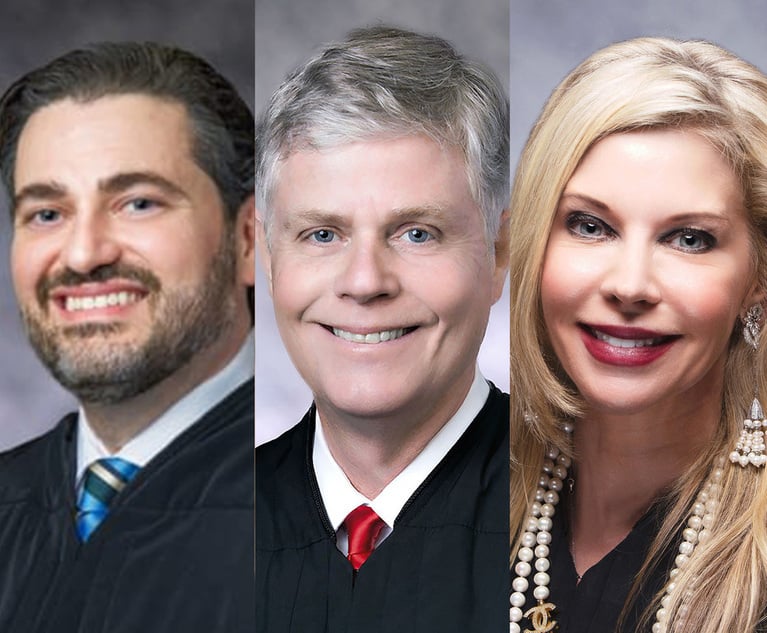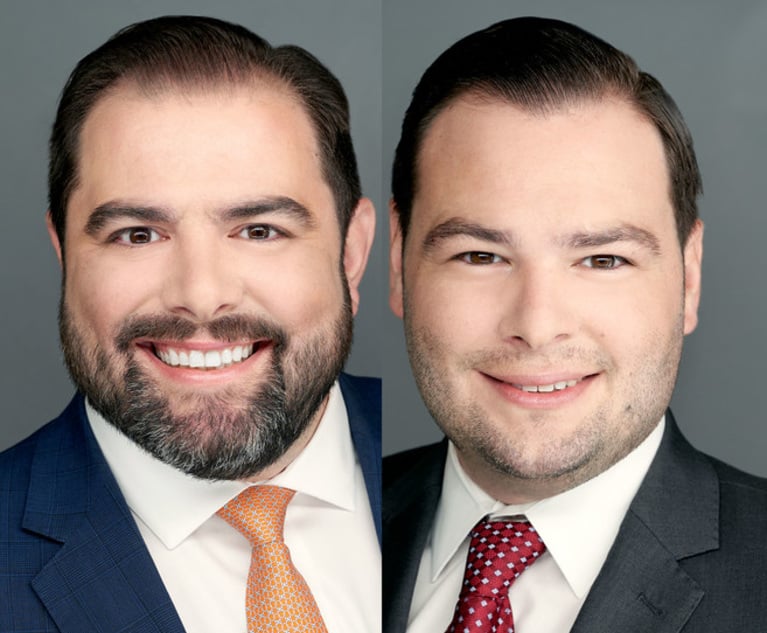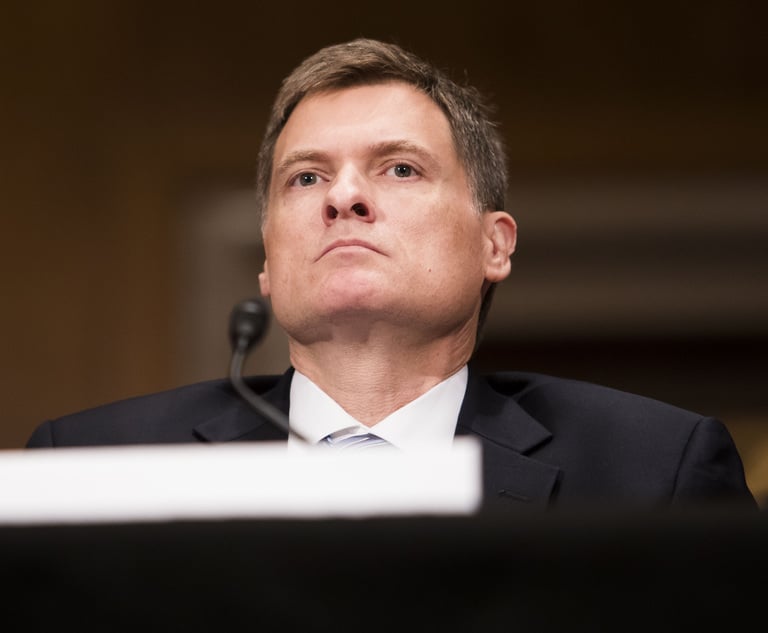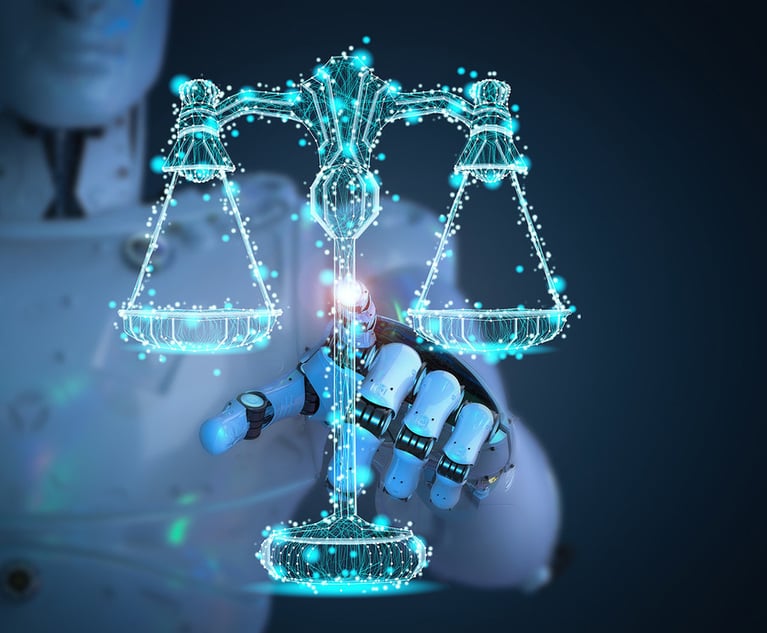“Since we are operating under social distancing requirements issued by the CDC to reduce the likelihood of transmitting COVID-19 among persons, our members of the press can no longer just walk into a courtroom to cover an in-person public court proceeding,” Soto said. “In the virtual world, a little more planning is needed.”
Soto said the new administrative order is meant to ensure that lawyers, the public and the press can continue accessing virtual court proceedings. It gives clear instructions on how to request access.
That includes news gathers who do not meet the definition of professional journalists, and members of the public who want to access remote hearings. They must contact the court to access a remote hearing at least one business day in advance of the hearing.
The new order by Soto also updates Administrative Order No. 14-02, which took effect in January 2014 and laid out the governing use of electronic devices in court proceedings.


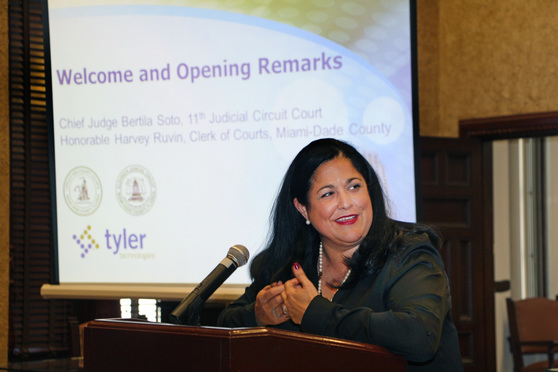 Miami-Dade Circuit Chief Judge Bertila Soto. Photo: J. Albert Diaz/ALM
Miami-Dade Circuit Chief Judge Bertila Soto. Photo: J. Albert Diaz/ALM

